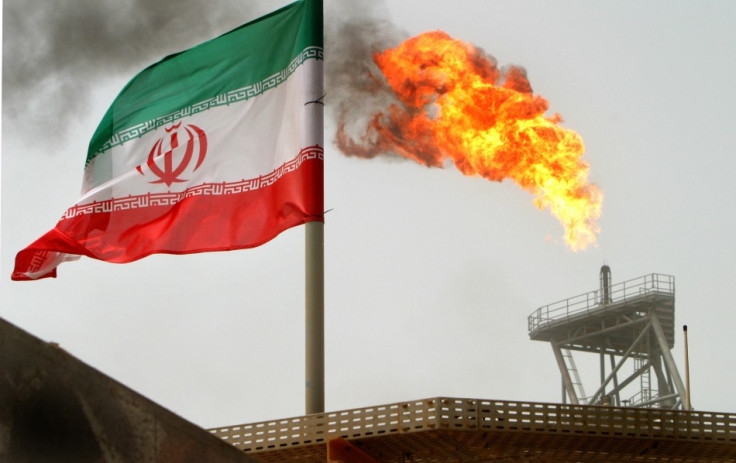Iran and rival Middle East oil giants playing 'poker' as Persian nation readies to re-enter market

Iran is sitting on billions of dollars-worth more oil than consensus estimates indicate, with the nation's regime partaking in "data manipulation", Israeli research firm Windward has claimed.
Windward, which tracks ocean vessels and the contents they carry, including oil, says that Iran has 51.5m barrels parked on supertankers at sea, rather than the reported 40m barrels.
Ami Daniel, Windward's chief executive, told IBTimes UK: "I'm 100% sure the Iranians are underestimating the amount of oil they have. We have all the evidence on graphs and charts showing it. Everybody who has been assessing it isn't a specialist. Data manipulation is going on by all the interested parties, with some people trying to hide how much oil is really out there. Data can change decisions."
On 14 July, Iran reached a historic agreement with major world powers that will see sanctions against the country lifted in return for it limiting nuclear activity. The move has led to experts forecasting a large influx of Iranian oil onto global markets, which has in turn dented oil prices.
"There are a lot people playing a poker game, everyone in the region with an interest. Why would the Iranians be underestimating their oil amount? There are so many factors, many linked to expectations, but only they can truly answer that question," Daniel added.
Daniel believes that the next key events to watch in the region will be when oil is actually released to market and how other oil-producing countries in the Middle East react.
"There has been no reaction yet, nothing dramatic, but the night is still young."
The impact of economic sanctions on Iran has seen oil exports plummet, with Iran admitting restrictions cost the country between $4bn (£2.6bn) and $8bn a month in lost revenue.
Norbert Ruecker, head commodities research at Julius Baer, said: "In the longer term, Iran's return is set to keep oil prices lower for longer. The nuclear deal with Iran brings no imminent flooding of the oil market. We maintain our neutral view and see prices climbing back above $60 per barrel in the near term."
In addition, Iran will require massive investment in its oil fields in order to enhance productivity.
"Iran's return confirms our longer-term bearish stance, reminds us of plentiful global supplies and illustrates how the pendulum has swung back in favour of oil companies at the expense of oil nations," Baer added.
© Copyright IBTimes 2024. All rights reserved.






